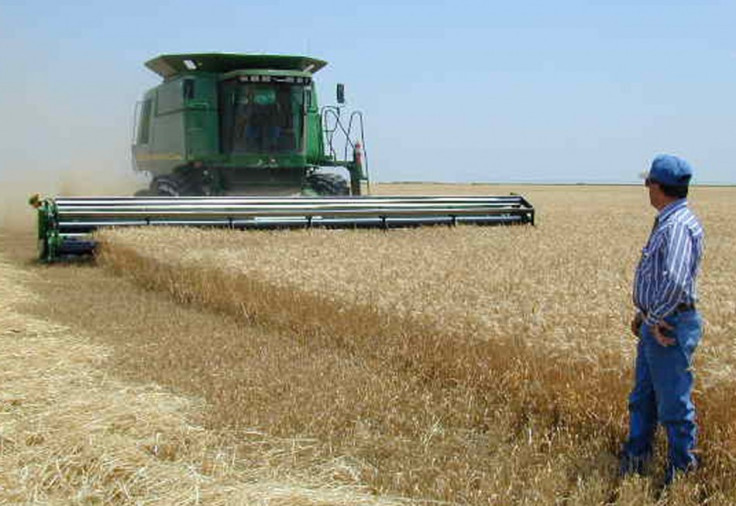Organic Farming Alone Can’t Feed The World, Say Researchers

Even though organic farming is much healthy and environment-friendly, a study claims that organic farming alone cannot feed the world.
Researchers from McGill University and the University of Minnesota have found that organic farming alone cannot feed the whole world because crop yields from organic farming are lower compared to yields from conventional farming.
Researchers conducted a study and found that conventional agriculture is a big environmental threat that undercuts biodiversity and water resources, but it yields more crops. On the other hand, organic farming is quite healthy and environment-friendly but it yields less crops compared to the conventional and it takes up more land for cultivation.
The study claims that overall organic yields are 25 per cent lower than conventional. The difference varies widely across crop types and species.
"These results suggest that today's organic systems may nearly rival conventional yields in some cases - with particular crop types, growing conditions and management practices - but often they do not," said Navin Ramankutty, researcher at McGill University, in a statement.
Researchers believe that by improving organic management techniques, or adoption of organic agriculture under environmental conditions where it performs best, may help close the yield gap.
"Our study indicates that organically fertilised systems might require higher nitrogen inputs to achieve high yields as organic nitrogen is less readily available to crops. In some cases, organic farmers may therefore benefit by making limited use of chemical fertilisers instead of relying only on manure to supply nitrogen to their crops," said Verena Seufert, researcher at McGill University, in a statement.
"At the same time, conventional agriculture can learn from successful organic systems and implement practices that have shown environmental benefits, such as increased crop diversity and use of crop residues," she added.
Researchers believe that to achieve sustainable food security we will likely need many different techniques - including organic, conventional, and possible "hybrid" systems - to produce more food at affordable prices, ensure livelihoods to farmers, and reduce the environmental costs of agriculture.
"By combining organic and conventional practices in a way that maximises food production and social good while minimising adverse environmental impact, we can create a truly sustainable food system," said Prof Jonathan Foley, researcher at the University of Minnesota's Institute on the Environment.
© Copyright IBTimes 2025. All rights reserved.





















